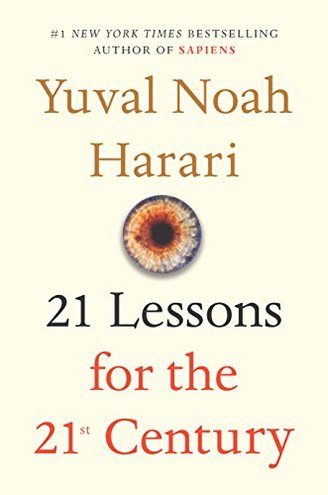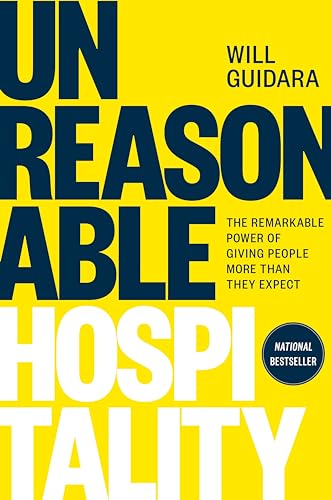Review of 21 LESSONS FOR THE 21ST CENTURY
by Johny McFliggen, PhD Literature & Business, Oxford
Yuval Noah Harari's "21 Lessons for the 21st Century" is akin to embarking on a philosophical Odyssey, a journey through the intricate labyrinth of modernity, where instead of battling mythical creatures, we confront the specters of artificial intelligence, nationalism, and digital misinformation. Harari, with the wisdom of a historian and the curiosity of a philosopher, crafts a narrative that is both an intellectual feast and a clarion call for clarity in an era clouded by complexity.
In this tome, Harari adopts the stance of a modern-day Prometheus, illuminating the dark corners of our collective psyche. His exploration of technological disruption and political challenges reads like an astute commentary on our current cultural zeitgeist. Harari's treatment of artificial intelligence, for example, is not just an academic exposition but a deep dive into the existential questions it provokes. He juxtaposes this with biotechnology's rapid advances, reminding us that science fiction's dystopian tropes might not be as fictional as we believe.
Harari's exploration of nationalism and secularism is particularly resonant in today's fragmented global landscape. In a world increasingly polarized by identity politics, his call for a global perspective feels both urgent and necessary. Yet, as much as Harari aims to unify with his arguments, there's a sense that he sometimes falls prey to the allure of grand narratives, occasionally sacrificing depth for breadth. This echoes The Guardian's critique—there are moments when "21 Lessons" can feel like a collection of essays rather than a cohesive argument.
The book's structure, divided into five parts, provides a scaffold for Harari's insights, but one could argue it lacks the narrative propulsion found in "Sapiens" or "Homo Deus." While those books offered sweeping historical arcs and bold futurist visions, "21 Lessons" feels more like a snapshot of our current predicaments. It’s a bit like watching an anthology series where each episode tackles a different theme; intriguing, yet sometimes leaving one yearning for more connective tissue.
Comparing Harari to Steven Pinker, particularly in works like "Enlightenment Now," presents an interesting dichotomy. Pinker's unyielding optimism about progress contrasts with Harari's cautious pragmatism. While Pinker revels in data-driven optimism, Harari remains the skeptical historian, wary of data's seductive simplicity and warning against complacency.
Despite its perceived shortcomings in depth by some critics, "21 Lessons for the 21st Century" succeeds in provoking discourse—a feat not to be underestimated in our attention-frayed society. It is an intellectual companion for those who wish to engage with the complexities of our time rather than retreat into the comforting simplicity of past narratives. In doing so, Harari challenges us to adopt what he calls 'resilience'—a fitting lesson for an unpredictable century.
Purchase Link: 21 LESSONS FOR THE 21ST CENTURY on Amazon



